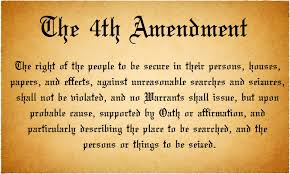Some Los Angeles DUI drivers manage to evade police officers who try to stop them. Others collide with other cars but continue on their way missing a fender or a front headline. But when a DUI driver smashes into someone’s home, that encounter is usually enough to halt the progress–one way or another.
• In Chesterfield, Virginia, 29-year-old Edward Reid rammed several cars on the evening of Saturday, May 28th, before he hit a house on Sherwood Forest Drive. Although the collision stopped the car, it did not prevent Reid from taking off. Police caught up with the errant driver and charged him not only with DUI but also with hit and run and a misdemeanor drug possession charge.
 Los Angeles Criminal Defense Attorney Blog
Los Angeles Criminal Defense Attorney Blog










